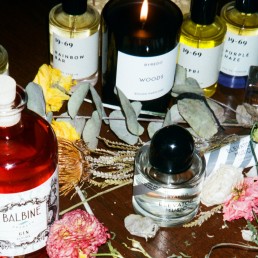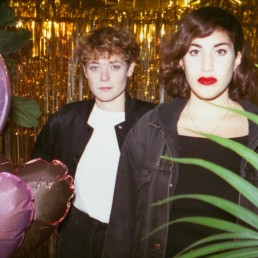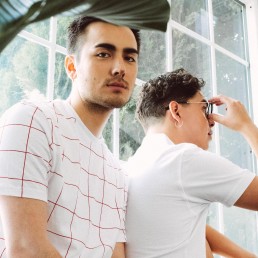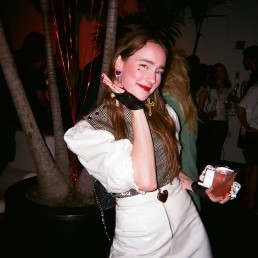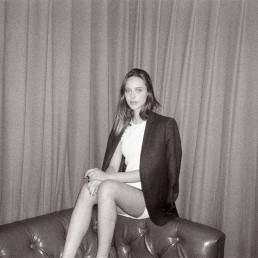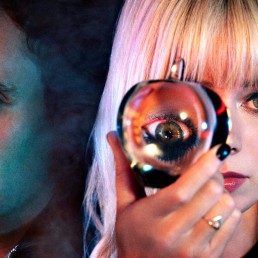Shaefri’s unique half-Egyptian, half-Irish heritage feeds into her freshly released EP Girl, which mixes world music rhythms with her alt-pop. The EP addresses important themes too, including the #MeToo movement, dealing with grief and support groups, addressing the hurdles young adults face in today’s society and standing together to exit abusive relationships.

1. Your new EP Girl is out now. Prior to its release you’ve collaborated with Solace Women’s Aid and discussed your mental health struggles. What are other themes you’ve decided to explore in this release and why?
‘Girl’ is about sexual harassment and its prevalence in almost every environment; school, work when you’re out – you’re subjected to it from a very young age. Instead of focusing on the negative, I wanted to highlight the way in which women support each other through it and vow to improve it for the generation of girls to come. ’23’ is about the situation we’re in at the moment and how it’s ok to feel disheartened sometimes and to not know ‘who you are’ or what you want to do or be – you’ll get there. ‘Say You’ll Be There’ is about mental health, reaching out for help when you need it and keeping an eye on those who are vulnerable. ‘Kerosene’ is about sisterhood and how important community and friendship is in rising up against any oppressor, be it a partner, a government, a system – it’s about kindred spirits and pushing back. Finally, ‘Home‘ is a reflection of personal growth – deciding what you deserve out of a relationship and finding that mutual respect with someone – I think we can all relate to having gone through some pretty shitty people before deciding that dynamic really isn’t good for you. I explored various themes but the concept was to address some of the issues facing our generation, through my own experience and lens, and to hopefully make something meaningful that resonates with people.
2. Regarding mental health what are some practical advice you could give to young people going through the same issues?
I’m in no position to give advice (!) but I would say if you’re really struggling, please do try and reach out to anyone – whether it’s to the NHS, a helpline, a charity, a family member or a friend and let them know you’re not ok. If you’re worried about someone you know, check in with them and make sure they know you’re here and you’re listening – sometimes people need a little nudge to admit that they’re having difficulty and won’t want to “burden you”.
3. At which moment of your life you’ve decided to make music?
Cliched as it may be, probably from when I could talk – I’ve never wanted to do anything else.
4. You’re doing merch drops with each release, are you influenced by streetwear somehow? If so what your favourite brands?
I love streetwear because, selfishly, I love the crossover between comfort and style and I’ve always been into more relaxed looks. I really like ‘les boys les girls’ at the moment as there’s no gender split and I like the brand ethos and the community they’re cultivating.
5. Are you producing your music by yourself? How are the producers you admire the most and would love to work with?
I do write by myself but I prefer to collaborate with other writers and producers – it’s fun to kick ideas around altogether in a room and I’m missing it! I’ve got new sessions booked in July/August for my new project, which I’m really excited about. I’m really inspired by Quincy Jones, his music is so nostalgic and he’s just written and produced some of the most iconic music ever made. I love the Neptunes too and would love to work with them – anyone who can combine those beats with metal and create a smash like ‘Lapdance’ deserves a fucking medal! I’d like to work with more female producers too, as they don’t have the same exposure at the moment but there are some unreal women producing like WondaGurl and Yaeji.
